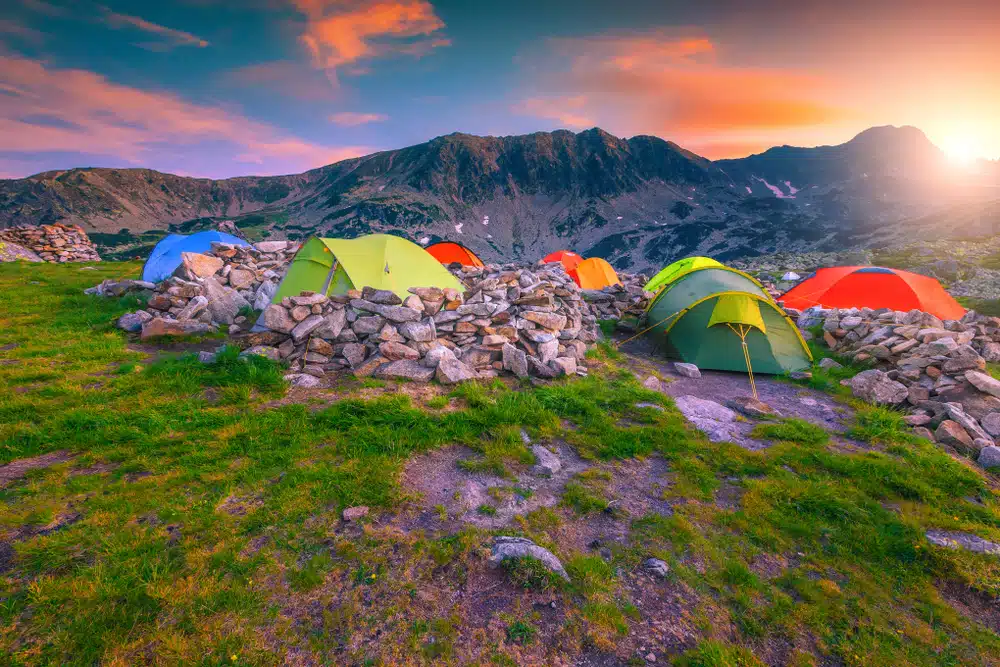Cuprins
- 1 What is wild camping in Romania?
- 2 Is it legal to wild camp in Romania?
- 3 The best places for wild camping in Romania
- 4 Dolphin Camping – A unique experience in the Danube Delta
- 5 Tips for responsible wild camping in Romania
- 6 Equipment needed for wild camping in Romania
- 7 Is Romania campervan friendly?
- 8 Wild camping in natural reservations
- 9 Delta Dunării camping restrictions
Are you thinking of getting away from the hustle and bustle of city life and retreating to the great outdoors? Wild camping in Romania sounds extremely tempting and gives you the opportunity to discover spectacular landscapes and reconnect with nature.
However, before you pack your gear and set off on your camping adventure, you should check out the rules and regulations governing wild camping in Romania. It’s also important to know how to enjoy the experience in a responsible way so that you don’t damage nature and respect local communities.
This guide will give you all the information you need to enjoy Romania’s natural treasures while upholding the laws and helping to protect the environment. Find out where camping is allowed, what rules to follow and how to minimize your impact on the ecosystem.
-
- What is wild camping in Romania
- Is it legal to wild camp in Romania?
- The best places for wild camping in Romania
- Dolphin Camping – A unique experience in the Danube Delta
- Tips for responsible wild camping in Romania
- Equipment needed for wild camping in Romania
- Is Romania campervan friendly?
- Wild camping in natural reservations
- Delta Dunării camping restrictions
What is wild camping in Romania?
Wild camping in Romania means setting up your tent outside of designated campsites, usually in remote, natural areas like forests, mountains, or meadows. It’s especially popular in the Carpathian Mountains, where the dramatic scenery and sense of isolation make every trip unforgettable. Whether you call it wild camping or free camping in Romania, the idea is the same: unplug, explore, and sleep under the stars.
But while this freedom is part of the charm, it comes with a serious need for awareness — especially around bear safety while camping. Romania is home to one of the largest brown bear populations in Europe, and encounters are rare but possible. Knowing how to deal with brown bears and how to avoid a bear attack isn’t just good advice — it’s essential. Respect the wildlife, stay alert, and make safety part of your adventure mindset.
Is it legal to wild camp in Romania?
The legality of wild camping in Romania is a bit of a gray area. There isn’t a specific law that explicitly prohibits it across the entire country. However, various local regulations and protected area rules can restrict camping in certain zones. National and natural parks often have bylaws that forbid camping outside designated areas to protect the environment and wildlife.
In areas where wild camping is not explicitly prohibited, it’s generally tolerated as long as you practice responsible camping. This includes leaving no trace, respecting private property, and avoiding sensitive areas. However, it’s always best to err on the side of caution and seek information from local authorities or park rangers before setting up camp.
To ensure a worry-free experience, consider camping in established camping sites, especially within protected areas. These sites offer designated pitches and facilities while still allowing you to enjoy Romania’s natural beauty. Alternatively, research local regulations for the specific area you plan to visit and adhere to any guidelines or restrictions in place. Remember, responsible camping is key to preserving Romania’s wilderness for future generations.
What Romanian law says about wild camping
The nature protection legislation (in particular Law 407/2006 – Hunting and Game Protection Law and Law 49/2011 on the regime of protected natural areas) regulates camping and access to natural areas.
In short:
- Camping is prohibited in national parks and protected areas without the approval of park administrations.
- It is forbidden to damage natural habitats, which may include lighting fire directly on the ground, littering or aggressive camping.
- It is forbidden to camp on private land without the owner’s consent.
- Outside of these situations, wild camping is tolerated if it is environmentally friendly and does not violate other local regulations.
Fines can range from 300 to 3,000 lei if these rules are broken.
The best places for wild camping in Romania
Even if it’s not allowed everywhere, there are a few places where you can camp, if you take care of nature and the people who live there.
Regions where wild camping is tolerated
Here are some ideas for wild camping in Romania:
Apuseni Mountains
A region rich in caves, alpine meadows and dense forests, the Apuseni Mountains are ideal for wild camping in Romania. Areas such as Padiș, Poiana Cucuieți, Poiana Glăvoi or Ghețarău are often tolerant of camping, as long as environmental rules are respected.
Danube Delta (except for strictly protected areas)
The Danube Delta is a one-of-a-kind ecosystem, but also incredibly fragile. Camping is only permitted within protected zones, and some areas require a special permit to enter. It’s crucial to avoid setting up camp near aquatic vegetation or in spots where wildlife nests or breeds.
Maramureș
The region offers many secluded areas with rolling hills, forests and traditional homesteads. Locals are generally welcoming and don’t object to short-term camping, especially if tourists behave respectfully.
Certain areas on the wild coast
The Wild Coast is one of the few places in Europe where you can camp close to the sea.
However, tourist pressure has increased and authorities have imposed tighter restrictions. Camping is still tolerated in certain areas of Vadu or Corbu, but only if you don’t set fires or leave rubbish.
👉 For example, camping is not allowed on Sulina beach, as the area is protected for the conservation of sensitive habitats of local species. However, the landscapes are lovely and well worth a visit!
Via Transilvanica
Stretching over 1,400 kilometers from Putna to Drobeta-Turnu Severin, Via Transilvanica is Romania’s most ambitious long-distance trail — and a rising favorite among wild campers. What makes it special isn’t just the landscapes (though they’re stunning, shifting from dense forests to open highlands and remote villages), but the philosophy behind it: slow travel, deep connection, and minimal impact.
Along the trail, many villages and local communities have opened up to hikers and campers. You’ll find marked zones where free camping is accepted, and even some “camping-friendly” farms and backyards, where a tent on the grass comes with a smile and a fresh cup of milk in the morning. It’s a grassroots version of hospitality that turns a solo camping trip into something far more human.
Still, discretion is key. Avoid pitching your tent near cultural landmarks, farmlands, or churchyards unless you’ve asked for permission. Use the official Via Transilvanica app or guide to spot places where camping is either recommended or tolerated. And wherever you stop for the night, keep it clean and quiet — the charm of the trail lies in how gently it flows through the heart of Romania.
Warnings: where to avoid wild camping in Romania
Here’s what to keep in mind:
National parks and protected areas
Parks such as Retezat, Ceahlău, Rodnei or Piatra Craiului have strict camping rules. Camping is only allowed in refuges or designated camping areas. Ignoring these rules can lead to hefty fines.
Proximity to villages and private land
Private property is common in hilly or lowland areas. Camping without agreement can lead to conflicts with owners or even police intervention. In addition, some agricultural areas may be chemically treated or used for livestock.
👉 For example, in the Letea Forest, a unique area in the heart of the Delta, camping is strictly forbidden to protect the fragile ecosystem. Discover this beautiful place!
Dolphin Camping – A unique experience in the Danube Delta
If you want to enjoy the Danube Delta in a safe and nature-friendly place, Dolphin Camping is a good option.
It is the only campsite in the Delta with direct access to the beach, combining the advantages of a normal campsite with the feeling of being alone in the middle of nature. It’s in a secluded spot that can only be reached by boat, so you get an authentic wild camping experience, but in safety.
👉 Check out all the accommodation available at Dolphin Camping to suit every style of adventure!
- You have direct access to the Delta and the Black Sea beach.
- It has modern facilities to combine comfort with adventure.
- You can bird watch, fish and explore the canals of the Delta.
- Here the focus is on protecting the environment and nature-friendly tourism.
👉 Discover all the authentic experiences Dolphin Camping has to offer, from birdwatching to fishing and nature tours!
Why is so special Dolphin Camping
Dolphin Camping offers you the chance to discover the wild beauty of the Danube Delta without giving up comfort completely.
It is a successful combination of adventure, relaxation and respect for the natural environment.
What’s more, by choosing such experiences, you contribute directly to the protection of one of Europe’s most valuable ecosystems.
👉 Where the Danube meets the sea, you’ll find the wild Sfântu Gheorghe beach. Discover the charm of the place and see what awaits you in an authentic adventure!
Tips for responsible wild camping in Romania
No matter where you choose to pitch your tent – be it in the mountains, on the beach or in a hidden corner of the forest – responsible camping is essential. As well as making your experience more enjoyable, you’ll be helping to protect the natural environment for future generations.
1. Do your due diligence
Before you set off on your camping adventure, research the area where you want to camp. Check whether:
- The area allows camping (especially in protected areas or national parks).
- A special camping or access permit is required.
- There are seasonal restrictions.
2. Respect the Leave No Trace principle
Follow these tips for sustainable tourism:
- Collect absolutely all waste, including biodegradables (food scraps).
- Avoid damaging vegetation and the natural landscape (do not break plants, move stones or twigs).
- If you have made minor changes to the tent site, leave the site exactly as you found it when you leave.
3. Respect local flora and fauna
Take into account the following points:
- Observe wild animals from a distance and avoid feeding them.
- Don’t pick plants or flowers, especially when you don’t know if they are protected species.
- Keep quiet: loud noises can disturb fragile ecosystems.
4. Be extra careful with fire
Consider the following rules:
- Open fires should only be built in designated areas (specially prepared fire pits).
- Use a camping stove if the area does not allow open fire.
- Make sure the fire is completely extinguished before leaving the site – use plenty of water and stir the ashes.
5. Choose your campsite carefully
Take our advice:
- Avoid camping near rivers, lakes or wetlands – these areas are essential for biodiversity and can be easily damaged.
- Choose sustainable land: areas with hardy grass or stony ground, not fragile or boggy soils.
6. Prepare your equipment and knowledge
Here’s what you should consider:
- Make sure you have a quality tent suitable for the weather conditions in the area.
- Take with you a map of the area and an extra water source.
- Inform yourself about possible local hazards (wild animals, extreme weather, terrain conditions).
By following these basic rules, you’ll be able to enjoy Romania’s wild beauty without leaving anything behind but beautiful memories. Now that you have all the information you need for responsible camping, let’s take a look at what you shouldn’t miss in your backpack.
Equipment needed for wild camping in Romania
For a safe and enjoyable wild camping experience in Romania, it’s important to be well prepared. Natural conditions can be unpredictable, so here’s what you don’t need to be without:
- A good tent that won’t let you out in the rain and is suitable for the area where you are going.
- A sleeping bag that will keep you warm, even if it’s cold at night.
- An insulating or inflatable mattress so you don’t feel the cold of the ground and sleep better.
- A portable stove and food and water supplies.
- A system to filter the water.
- A map, compass or GPS.
- A flashlight or headlamp with spare batteries.
- A first aid kit.
- Suitable clothing and footwear for the weather and rough terrain.
With this basic equipment and a genuine respect for nature, you will be able to discover Romania’s most beautiful wild corners safely and joyfully.
Is Romania campervan friendly?
Yes, Romania is surprisingly campervan friendly — especially for travelers looking to combine freedom with breathtaking scenery. You’ll find a growing network of RV parks, rest stops, and even wild camping spots where parking overnight is tolerated or fully legal. Many travelers choose to roam through the Carpathian Mountains, parking near alpine lakes or in quiet valleys, waking up to misty forests and crisp mountain air.
That said, Romania still has a more rugged edge compared to Western Europe. Roads can be narrow or poorly maintained in remote areas, and not every gas station offers water refill or waste disposal points. Still, that’s part of the charm. With some planning and a good offline map, exploring Romania by campervan gives you access to places most tourists never see — and yes, you can often park for the night in stunning locations, for free.
Wild camping in natural reservations
Wild camping in Romania’s natural reservations can be magical — but it’s not as simple as just pitching a tent wherever you like. Many protected areas, especially national parks like Piatra Craiului or Retezat in the Carpathian Mountains, have strict rules about where and how you can camp. These rules are in place for good reason: to preserve fragile ecosystems and keep both people and wildlife safe.
In most cases, wild camping is either prohibited or restricted to specific zones within the reservation. It’s your responsibility to check local regulations before setting up camp. Rangers do patrol these areas, and fines aren’t unheard of — especially in peak season.
Delta Dunării camping restrictions
Camping in the Danube Delta is a whole different experience — and so are the rules. This UNESCO-protected biosphere is one of the most ecologically sensitive areas in Europe, and because of that, regulations are tight. Wild camping is officially prohibited throughout most of the Delta, including beaches, canals, and reed-covered islands.
That doesn’t mean camping is off-limits entirely. There are designated eco-campsites in villages like Sfântu Gheorghe or Crișan, which allow you to stay close to nature without damaging it. These spots are often run by locals and come with minimal infrastructure, so expect basic conditions — but the trade-off is an authentic, quiet experience at the edge of the world.
One less obvious restriction: fires and cooking outdoors are usually not allowed, due to the risk they pose to the delicate environment and the risk of spreading invasive species. Also, boat-only access in many parts of the Delta means your logistics need to be tight — if you forget something essential, there’s no corner shop nearby. Planning ahead, staying in approved areas, and respecting the silence and pace of the Delta will reward you with one of the most serene camping experiences anywhere in Romania.
All in all, wild camping in Romania is a possible and particularly enjoyable experience, but it comes with responsibilities.
Even if the law does not completely prohibit wild camping, you need to be well informed, respect nature and avoid protected areas or areas where camping is not allowed.
By choosing safe options like Dolphin Camping, you can experience the adventure of freedom in the great outdoors without worrying about breaking any rules.
Photo sources: Shutterstock, Dolphin Camping
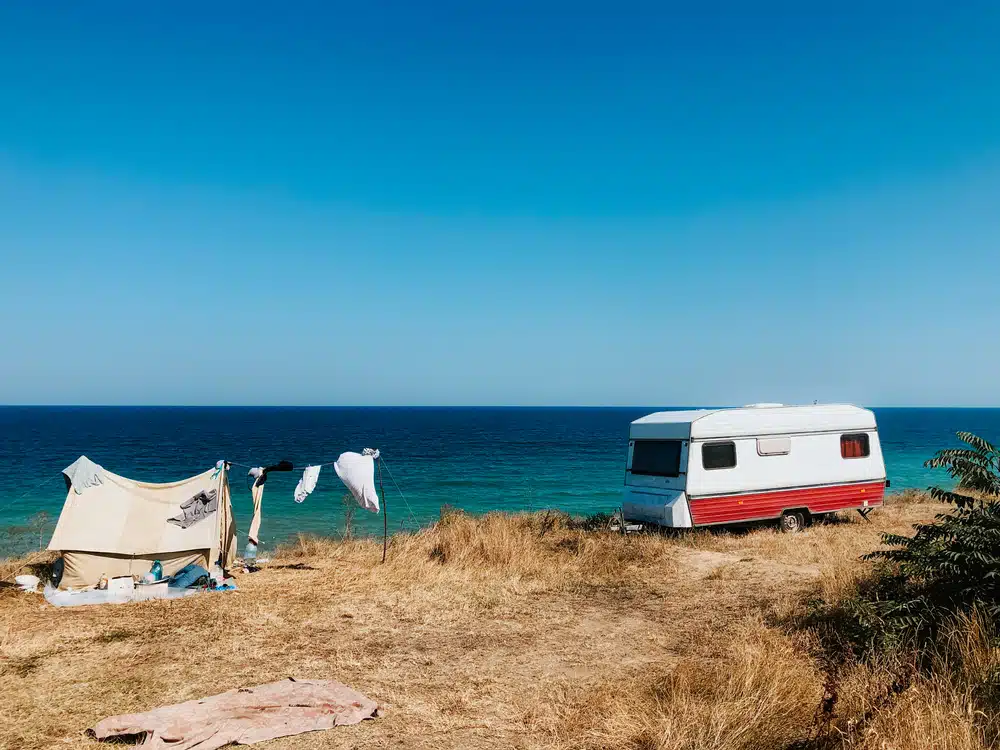
Wild camping on the beach
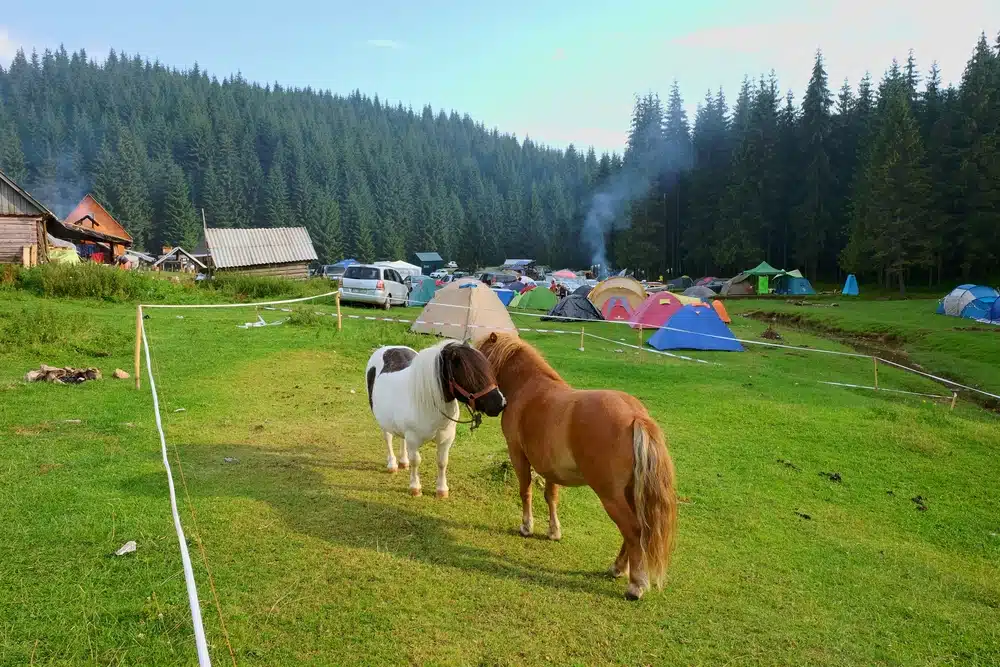
Poiana Glăvoi, Apuseni Mountains
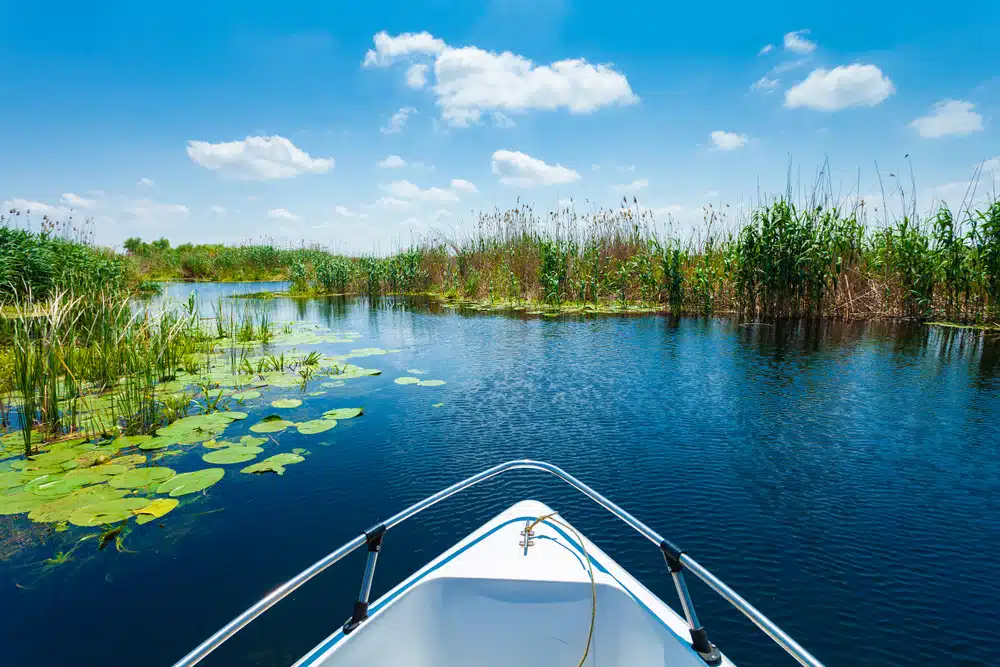
Boating in the Danube Delta
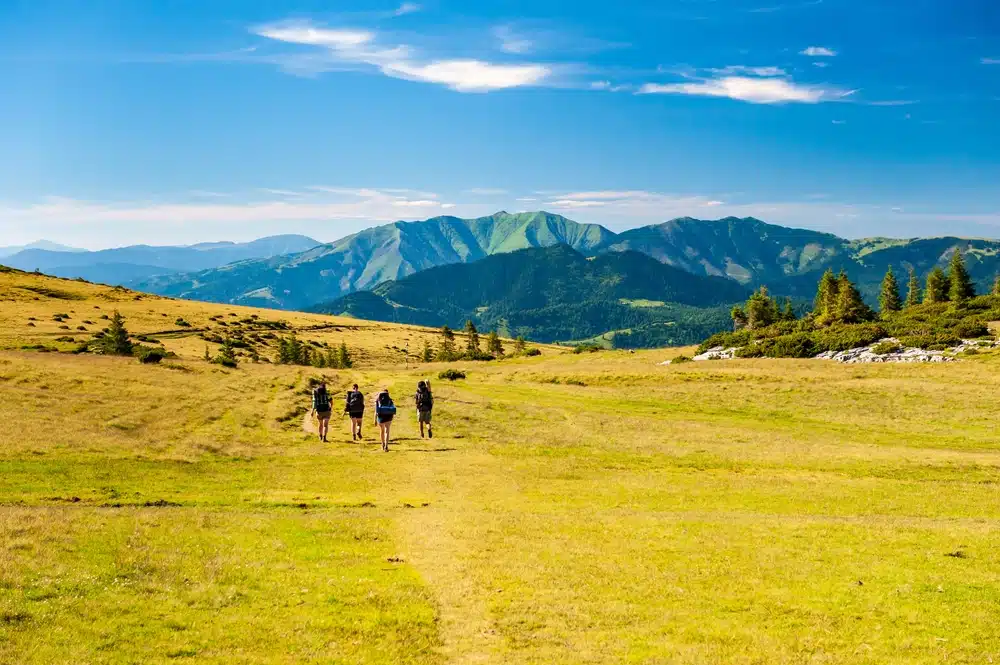
Rodna Mountains
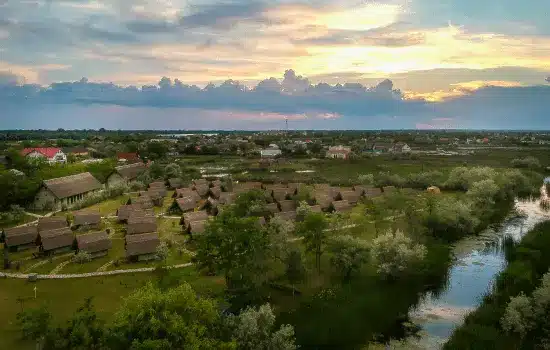
Dolphin Camping
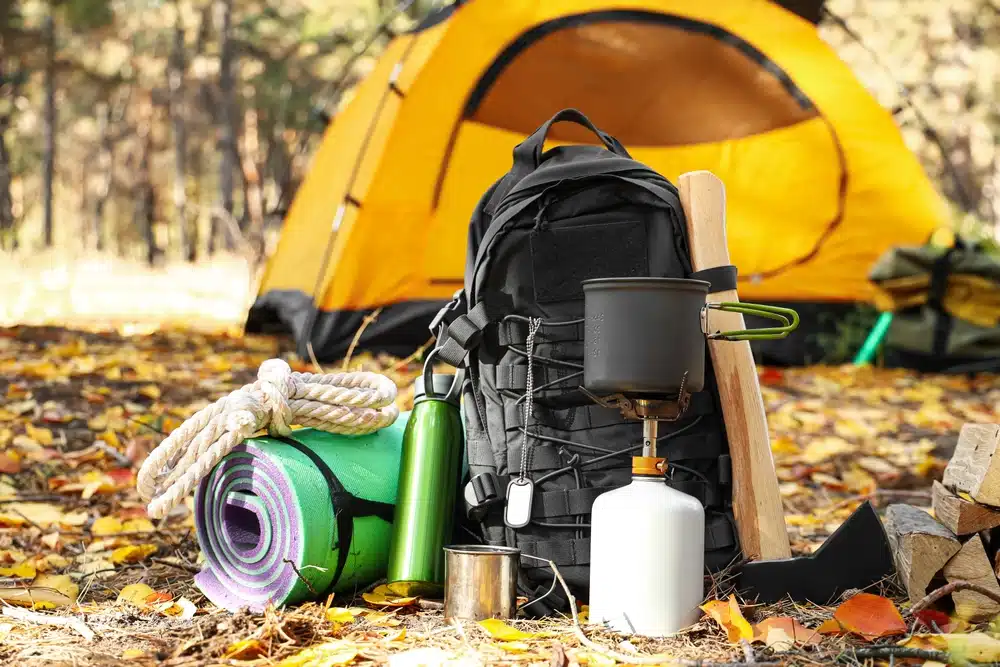
Camping equipment
